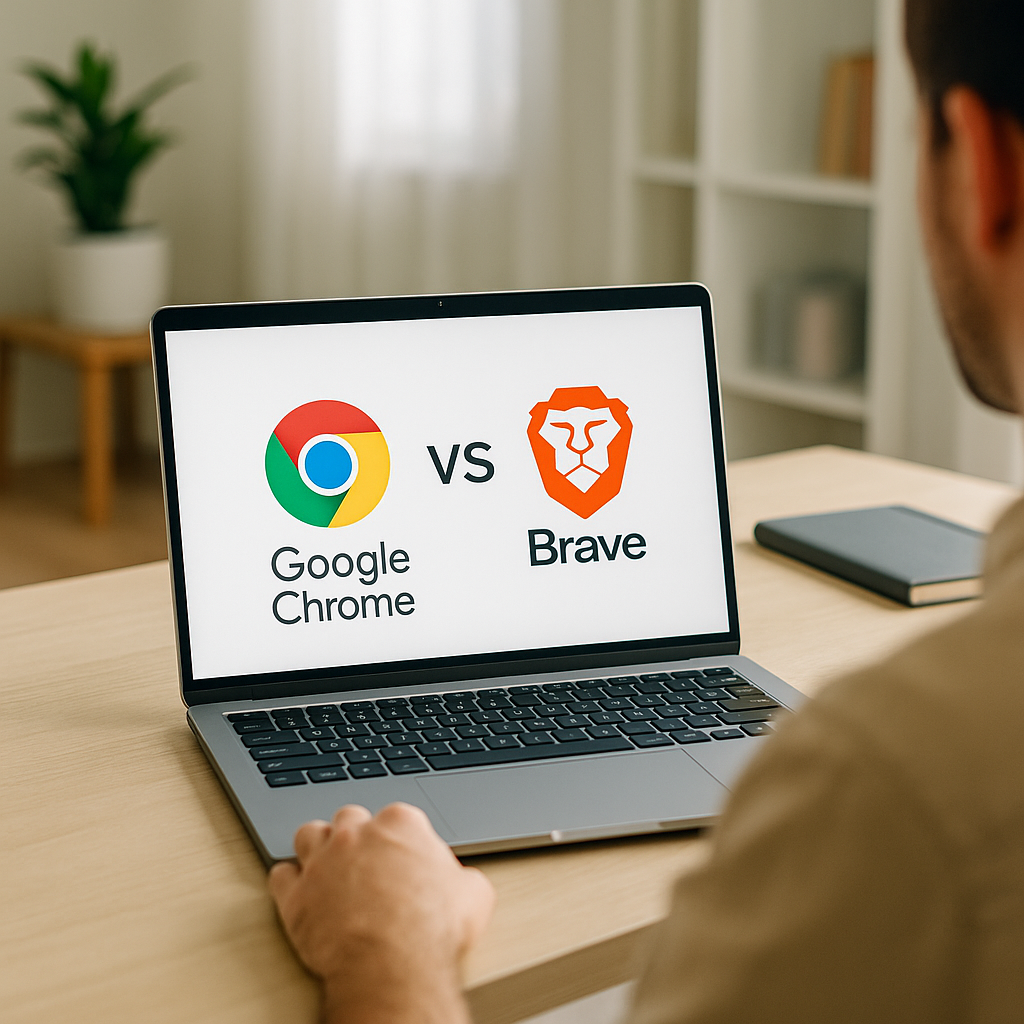Firefox vs Opera: A Head-to-Head Review

Firefox vs Opera: A Head-to-Head Review 2025
Choosing a browser in 2025 often comes down to one question: Firefox vs Opera — which serves speed, privacy, and features better?
To begin with, both are modern and reliable; however, their philosophies differ.
Therefore, this review compares performance, security, customization, extensions, and battery life so you can decide confidently.
Firefox vs Opera: Performance & Speed
Firstly, Firefox’s Quantum engine is tuned for multi-core CPUs. Meanwhile, Opera’s Chromium base ensures fast rendering.
Consequently, both feel snappy in daily browsing. However, Opera often loads media-heavy pages faster, whereas Firefox stays steady in long multi-tab sessions thanks to efficient memory handling.
For example, background tabs in Firefox throttle resource use; by contrast, Opera’s ad-blocking and page optimizations reduce page weight.
Therefore, researchers juggling dashboards may favor Firefox, while casual streamers may enjoy Opera’s smooth playback.
For Chromium tuning context, see our
Google Chrome Guide 2025.
Firefox vs Opera: Privacy & Security
Above all, privacy is where Firefox traditionally shines. Backed by Mozilla’s open-source mission
(Mozilla Firefox), it enables Enhanced Tracking Protection by default.
Meanwhile, Opera provides a convenient built-in VPN and tracker blocker
(Opera official).
In short, Firefox favors stricter defaults, while Opera emphasizes easy-to-use privacy tools.
Feature Set & Ecosystem Differences
Firefox focuses on open standards, reader mode, and deep customization. On the other hand, Opera ships sidebar messengers, Workspaces, a crypto wallet, and Turbo-style compression.
Moreover, those built-ins reduce reliance on third-party add-ons. Thus, your pick depends on whether you prefer lean fundamentals or convenience features.
For alternatives, compare
Microsoft Edge 2025 and
Opera Browser 2025.
Extensions & Add-on Compatibility
Because Opera is Chromium-based, it supports Chrome Web Store add-ons with minimal friction. Firefox maintains its own Add-ons marketplace with a strong privacy bent.
Therefore, users relying on Chrome-only extensions may find Opera more convenient, whereas privacy-first tinkerers often prefer Firefox’s ecosystem.
In fact, extension discipline (install only what you need) impacts speed and safety more than the browser itself.
Firefox vs Opera: User Experience & Customization
Interfaces in both are clean and modern. However, Firefox lets you fine-tune via themes and advanced configs;
meanwhile, Opera prioritizes one-click access to messaging, media controls, and workspaces from the sidebar.
Likewise, both support multiple profiles and flexible start-page options. Importantly, such tweaks often matter more than micro-benchmarks in daily comfort.
Battery Life & Resource Usage
Results vary by workload. For instance, with 20+ tabs and heavy web apps, Firefox’s background throttling can help.
Conversely, during light reading and social browsing, Opera’s optimizations and built-in ad-blocking reduce CPU wake-ups.
As a result, laptop users can get good endurance from either choice if extensions stay lean.
Who Should Choose Which?
Choose Firefox if you:
- Value open-source ethos and transparent development; therefore, defaults align with privacy-minded workflows.
- Run many tabs for research or dashboards; consequently, memory behavior feels predictable.
- Prefer granular customization and reader-friendly tools.
Choose Opera if you:
- Want a built-in VPN, ad-blocker, and messaging shortcuts without extra setup.
- Consume video and social content frequently; as a result, pages feel lighter.
- Need Chrome extension compatibility with minimal hassle.
Migration & Setup Tips
Switching is straightforward. First, download your chosen browser. Next, import bookmarks, history, and passwords.
Then, enable sync features. Finally, prune unused add-ons and adjust privacy controls.
Afterward, you should feel at home within minutes. For more detail, see
Firefox Browser Guide 2025 and our
Chrome vs Brave comparison.
Firefox vs Opera: Pros & Cons at a Glance
| Aspect | Firefox | Opera |
|---|---|---|
| Speed | Steady under heavy multitasking; moreover, responsive with many tabs. | Fast on media-rich sites; therefore, smoother streaming. |
| Privacy | Enhanced Tracking Protection by default. | Built-in VPN and tracker blocker for convenience. |
| Features | Open standards, reader mode, flexibility. | Sidebar apps, Workspaces, compression tools. |
| Extensions | Privacy-leaning Add-ons marketplace. | Chrome Web Store support. |
| Battery | Good with many tabs. | Efficient for light browsing. |
Pricing & Monetization
Both are free to use. Firefox is funded by donations and partnerships; Opera earns via search deals and integrations.
Consequently, there’s no direct cost — your decision depends on values and workflow.
FAQ
Is one clearly faster? Not universally; however, Opera often feels quicker on ad-heavy media sites, while Firefox is consistent during marathon sessions.
Which protects privacy better? Firefox focuses on strict defaults; meanwhile, Opera offers an easy built-in VPN.
Do my Chrome extensions work? Opera supports them directly; in fact, many users switch for this reason.
Final Verdict on Firefox vs Opera
Ultimately, Firefox vs Opera is a choice between strict privacy defaults and integrated convenience.
If you want transparency, deep customization, and steady performance with many tabs, Firefox is the safer bet.
Conversely, if you value a built-in VPN, sidebar messengers, and quick media loading, Opera will likely feel better.
In conclusion, both are modern and secure; accordingly, pick the one that aligns with your daily workflow.
Related guides (internal):
Google Chrome Guide 2025 •
Firefox Browser Guide 2025 •
Microsoft Edge 2025 •
Opera Browser 2025 •
Chrome vs Brave

